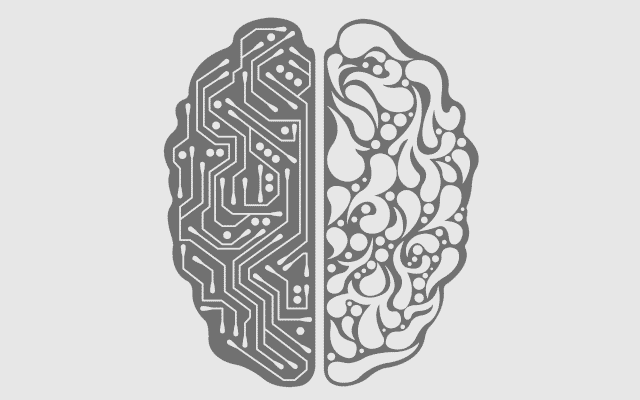AI and Synthetic Mind Creation

Before we can fully transfer and represent human minds into digital form, and thus achieve long-term immortality, we will have many intermediate phases.
One such phase will be parsing the artifacts left behind by a living person before they died, and then creating a digital simulation that emulates them as closely as possible.
If the simulations are good enough, it’ll be a lot like not dying for the person who is passing.
They’ll spend a large amount of money—say 250K to 5 million—to have this AI-powered team go and read everything they ever wrote, do hours of exhaustive interviews, deep level brain scans, parse all social media, interview everyone they care about, etc.
They’ll then build the next version of themselves using this data, and the AI will excel at getting the details right, i.e., adding elements that the human team would miss.
The more they do the better they’ll get at it. And it’ll be easy to judge success or failure from interactions of the new "entity" with other humans—especially those who knew them in real life.
The goal is simple, though. Make it so that when people lay down to die, they’re ok with it because they know they’re about to wake up again in a different form.
People will want to interview the new version before they shut down their mortal bodies. They’ll talk to it, ask it questions, see how it reacts.
And the more it feels like them, the happier they’ll be to drink the wine and sleep.
Or maybe a lot of people wouldn’t want to talk to it. Because then it’s something separate, and it won’t be possible to feel like it’s you if YOU are interacting with IT. Maybe that would be far too jarring, and people would prefer to just know that it will turn on only once you’ve passed.
In other words, it will require the sensation that something from you is transferring into the new thing. Otherwise it’ll feel like a trick.
It’ll be interesting either way.